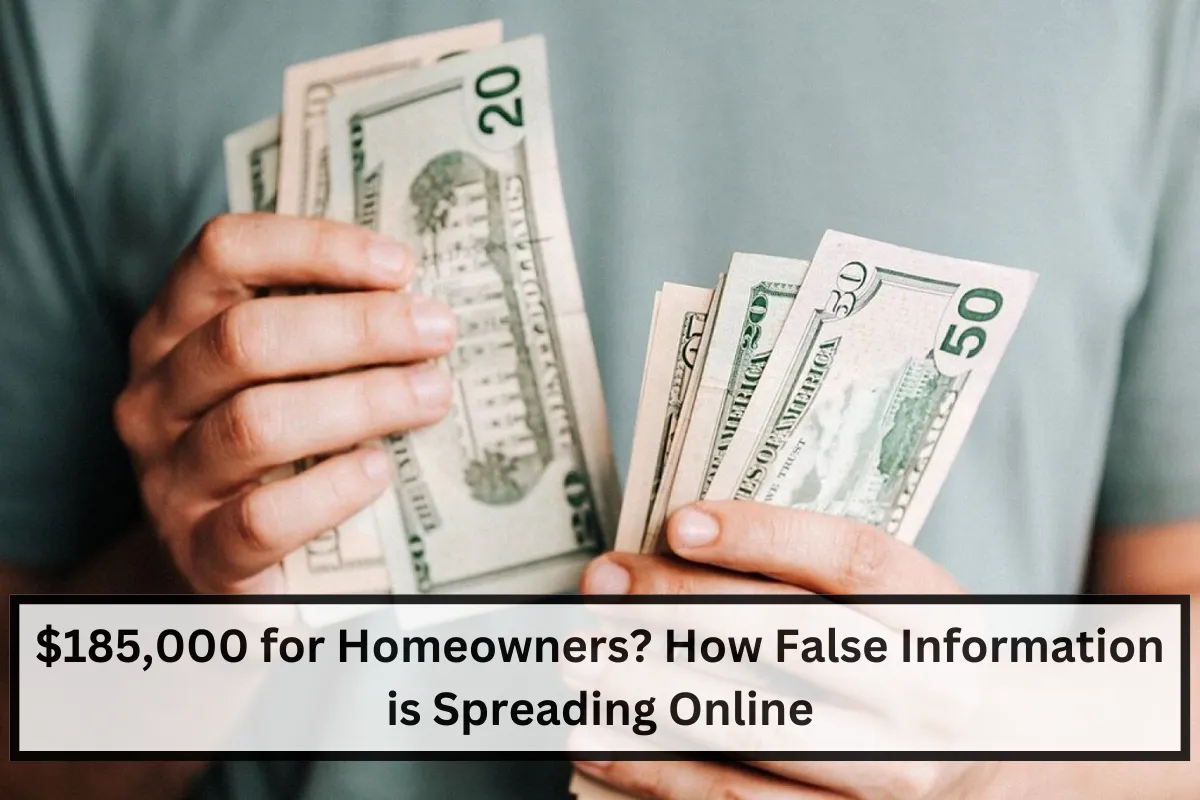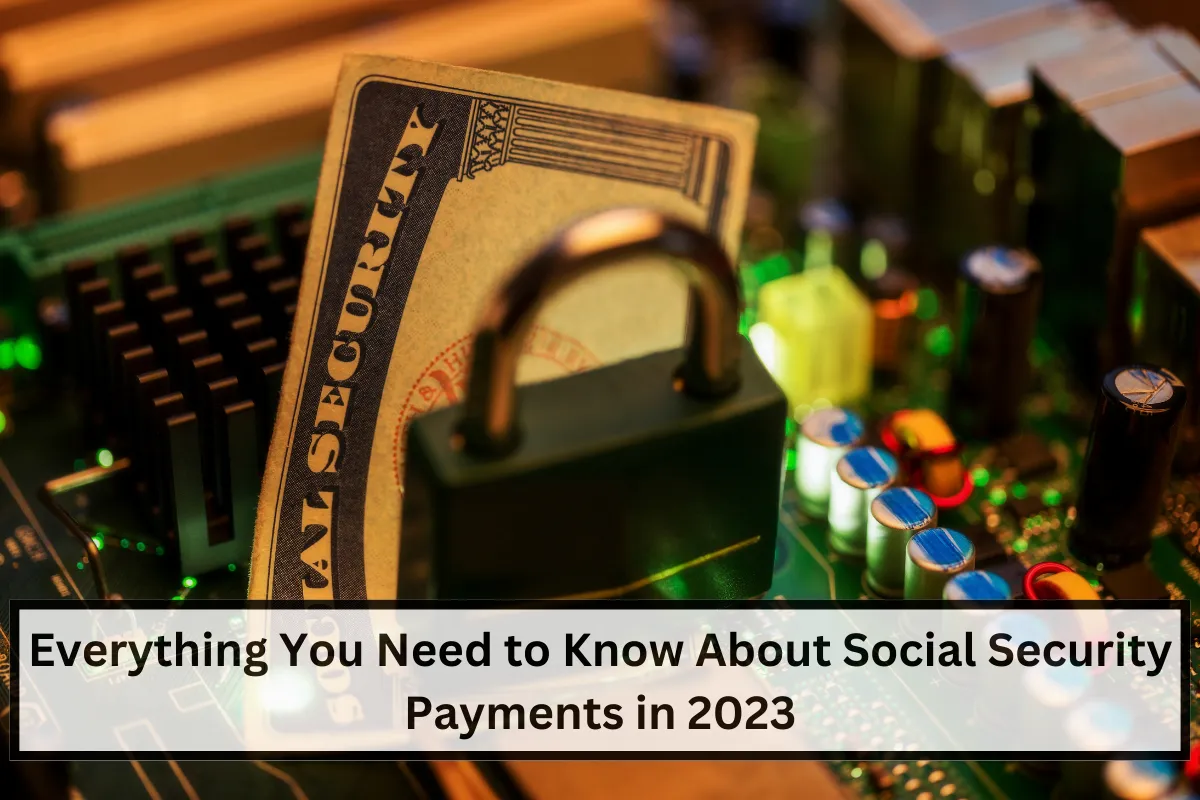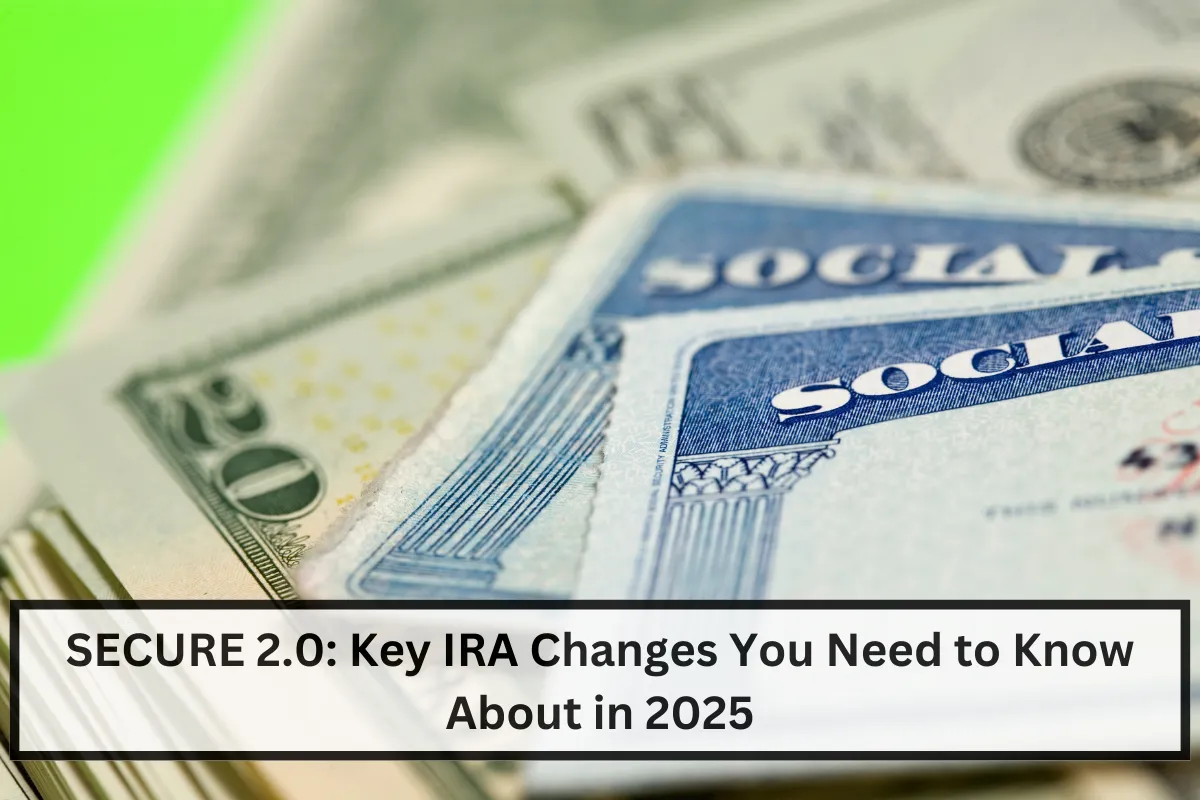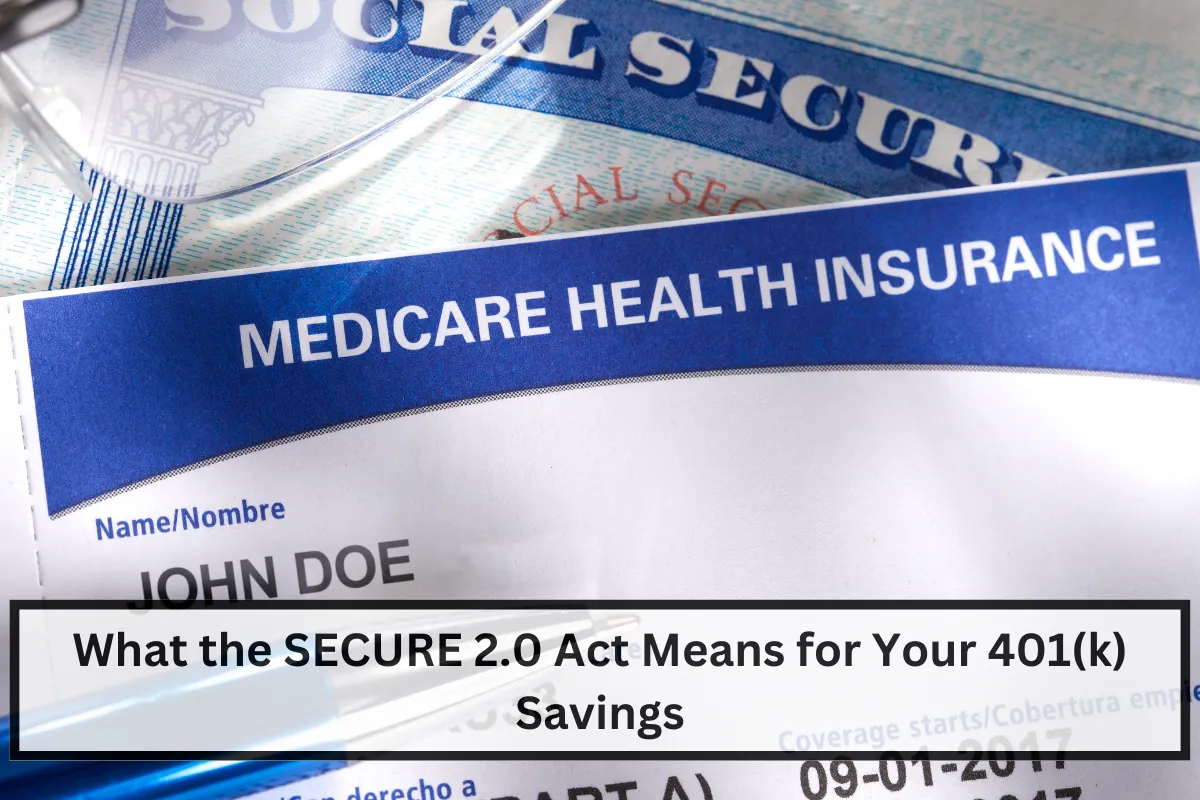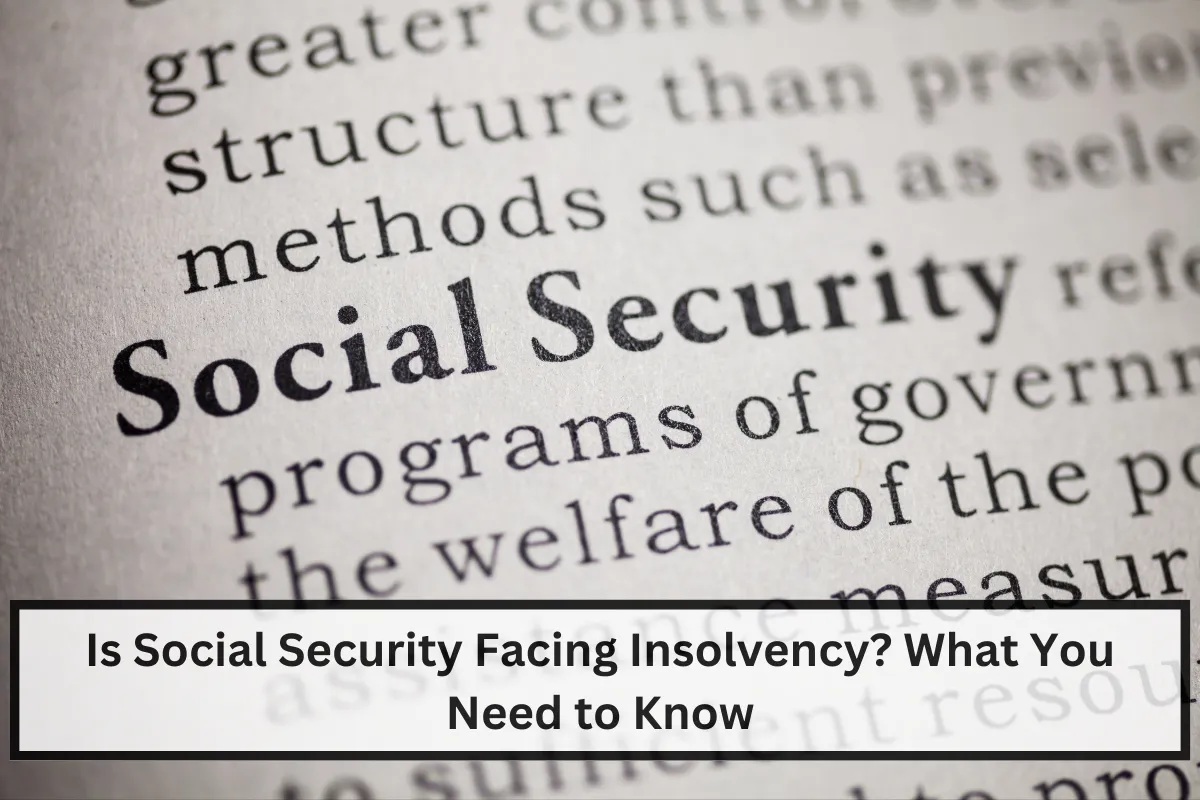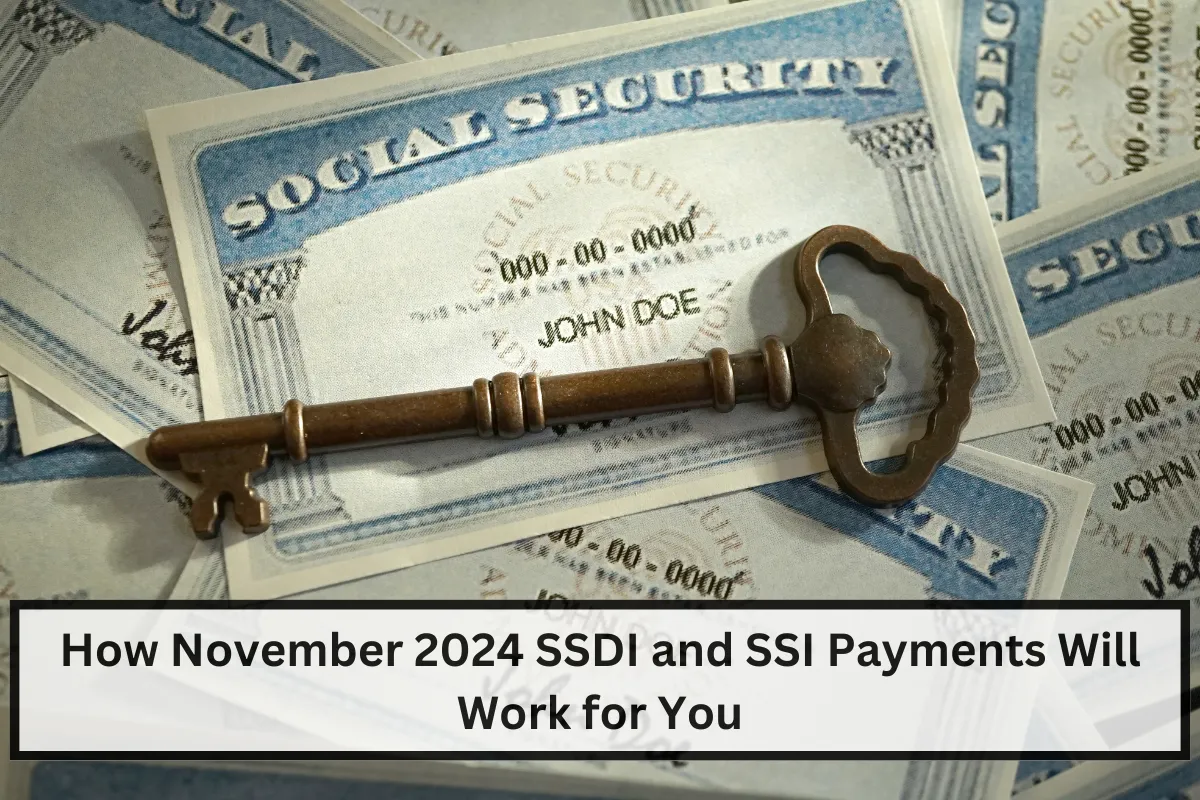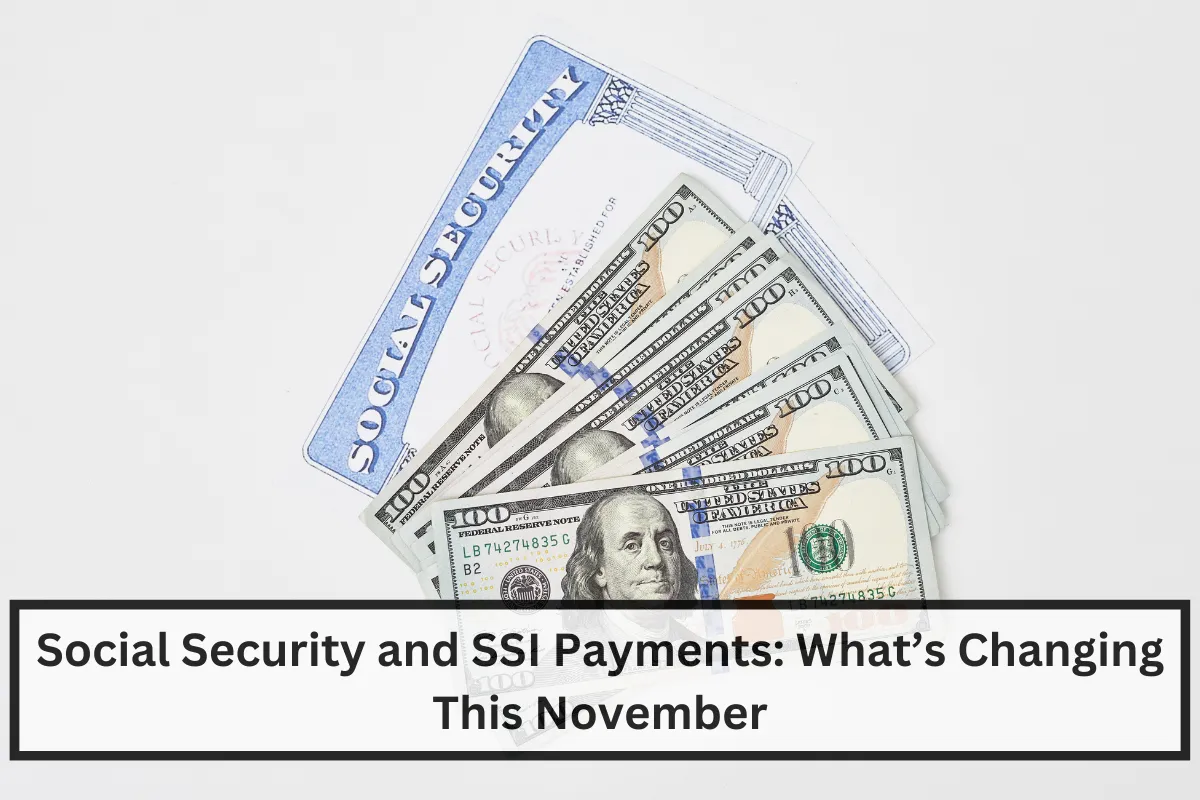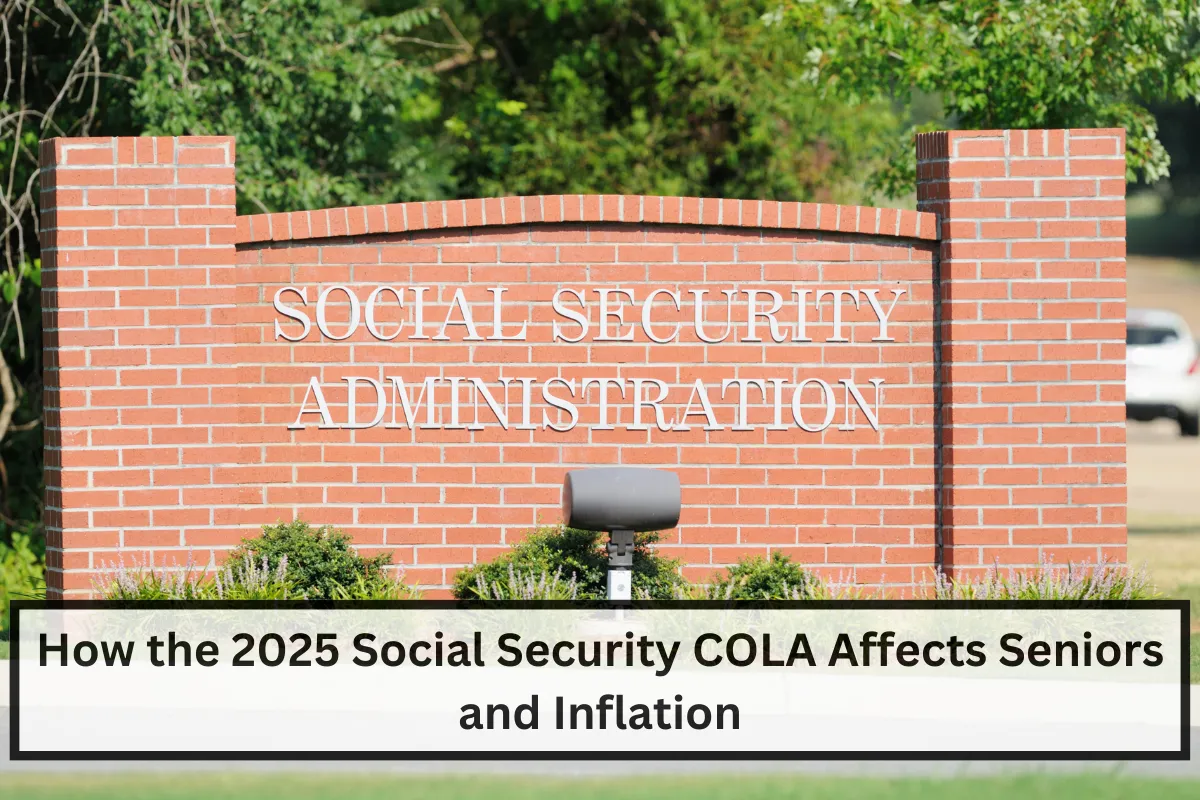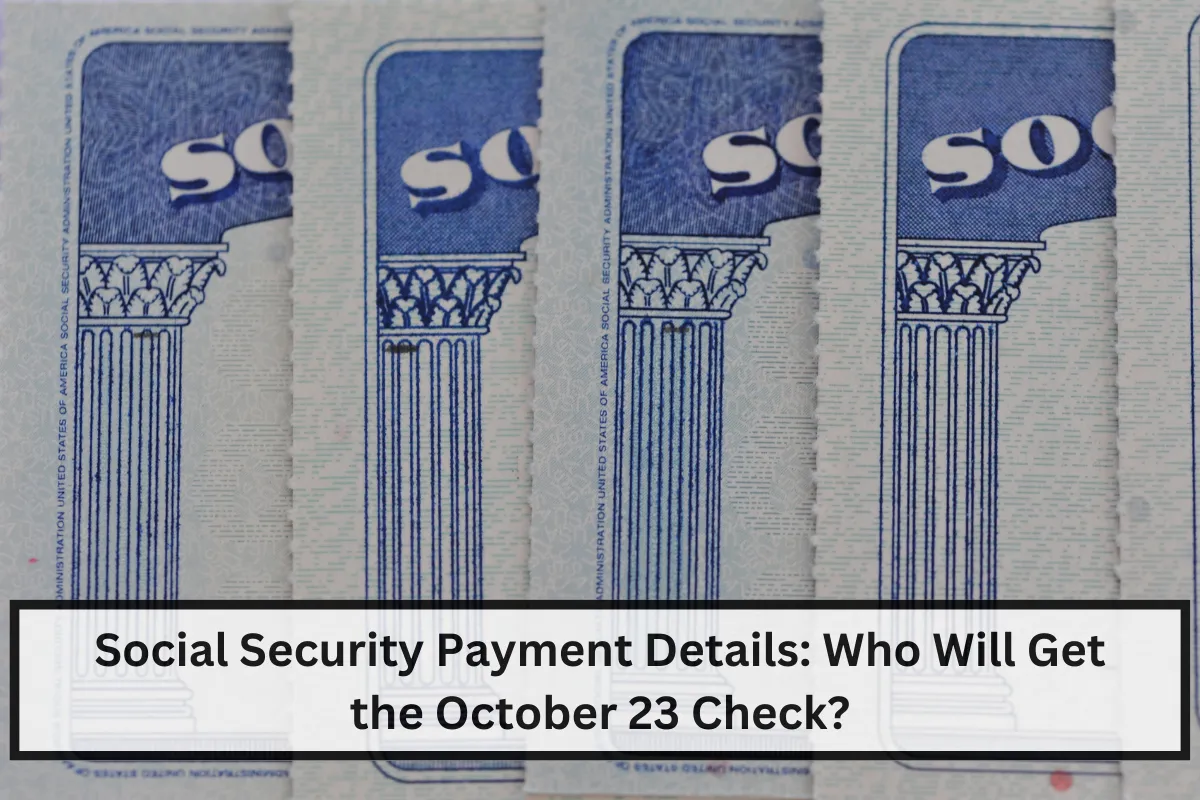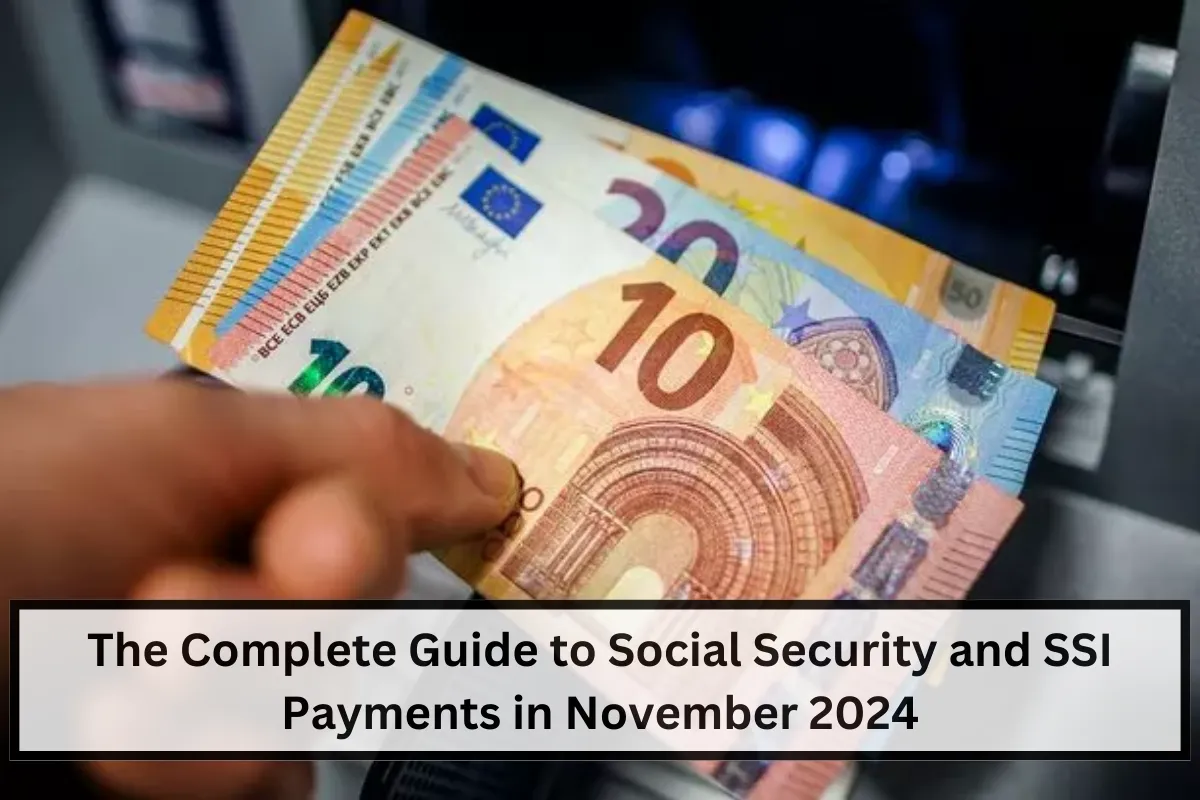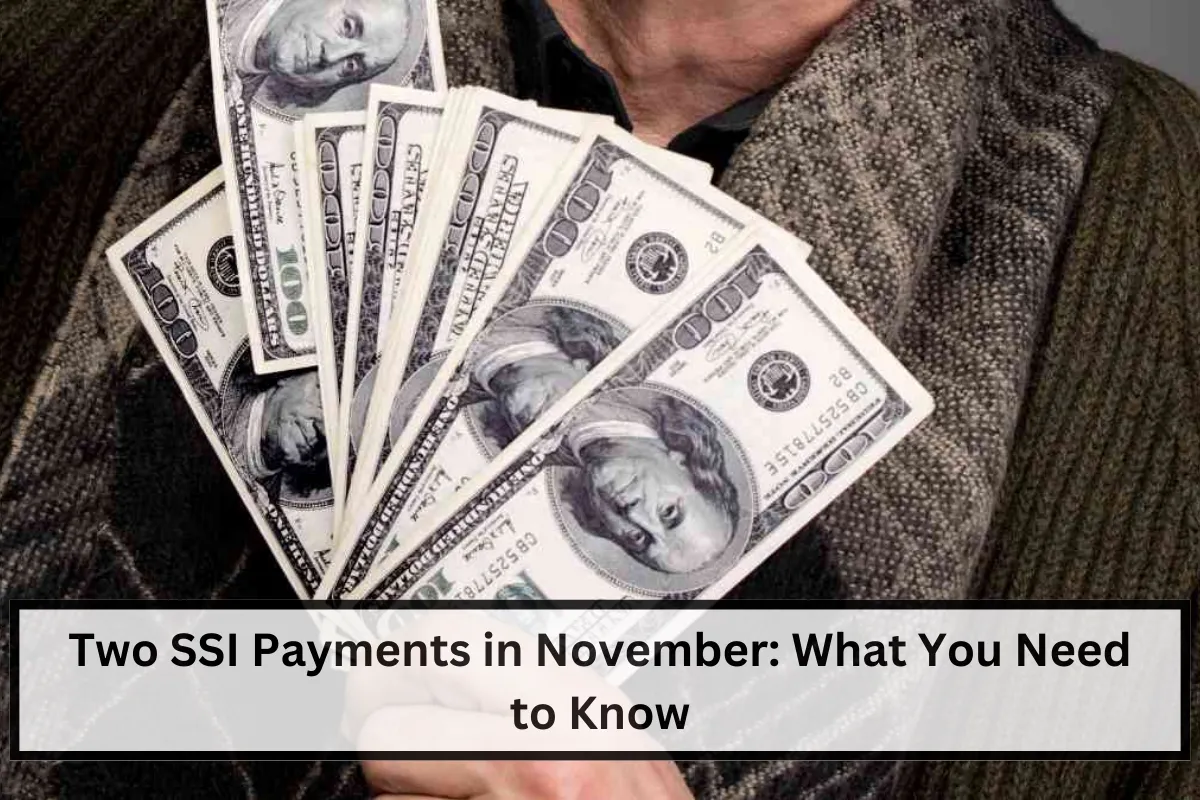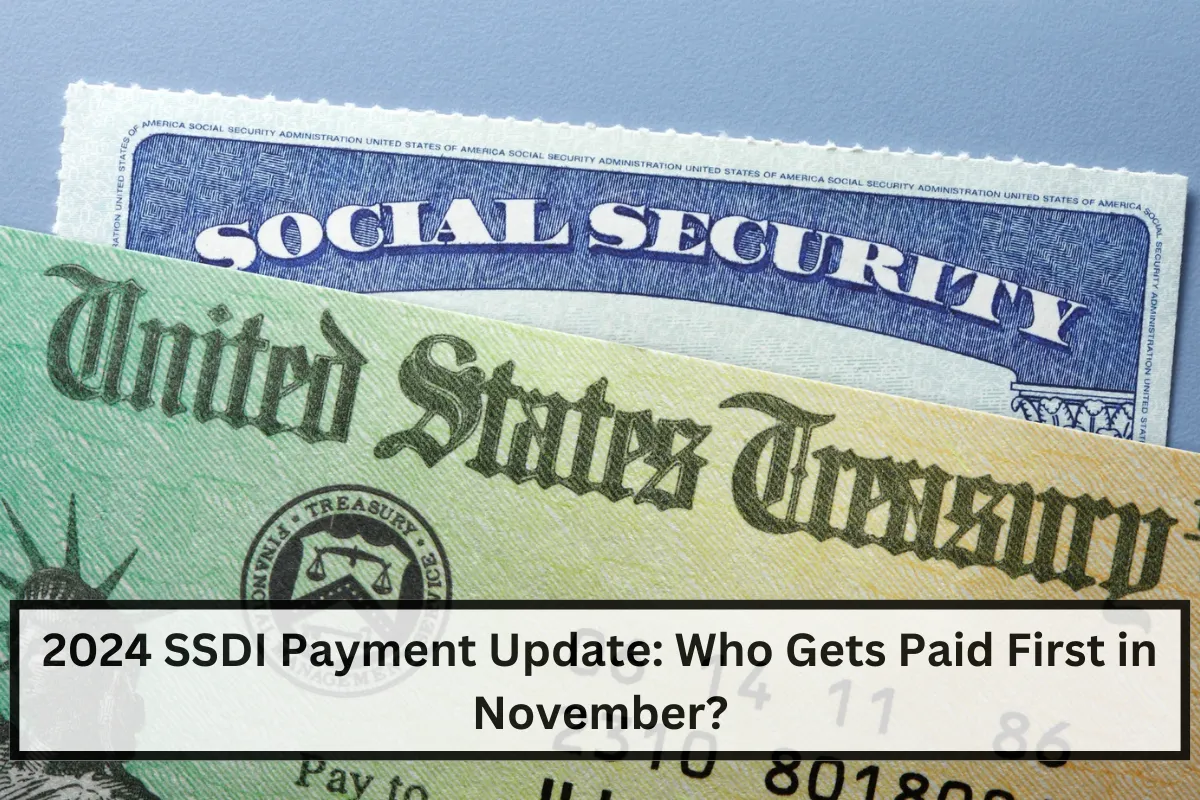Rumors about a $185,000 stimulus check for U.S. homeowners have been making rounds on social media, causing confusion and concern among people.
This claim is entirely false, as no such program or large payout has been approved by the U.S. government.
However, the spread of this misinformation highlights how quickly rumors can mislead people, especially when they seem like financial aid.
Let’s look at the truth behind these claims, what real assistance is available, and how to avoid scams.
Why Did the Rumor Spread?
False information about government assistance can spread rapidly, especially when it appears to provide financial relief.
This specific rumor likely began with misleading social media posts encouraging people to click on links that claimed to be related to this “stimulus check.”
These links often led to non-government sites or even inactive pages. Unfortunately, some users who clicked these links may have unknowingly exposed personal information, making them vulnerable to scams.
What Real Assistance Programs Exist for Homeowners?
While the $185,000 stimulus check rumor is false, there are real programs in place to help homeowners:
- Homeowner Assistance Fund (HAF): This federal program assists homeowners affected financially by the pandemic, offering support for mortgage payments, energy bills, and property taxes rather than direct cash payments.
- First-Time Homebuyer Tax Credit: In 2023, a tax credit of up to $10,000 was made available for first-time homebuyers, but this is a tax credit—not a cash payment.
- State-Level Assistance: Many states have their own programs to support residents struggling with mortgage or rent payments. However, these funds are much smaller than the rumored $185,000.
These genuine aid programs are intended to help homeowners in specific situations but do not provide large direct payments like those mentioned in the rumor.
How Misinformation Like This Rumor Can Be Harmful
Misinformation about stimulus checks and financial aid can have serious effects. People looking for help may be misled by promises of large payments and end up falling victim to scams.
Cybercriminals often use these fake promises to steal personal information, putting individuals at risk for identity theft and fraud.
How to Protect Yourself from Misinformation and Scams
To avoid scams and misinformation, it’s important to rely on trustworthy sources:
- Verify with Official Sources: Only rely on information from verified government websites like the IRS or HUD.
- Avoid Suspicious Links: Don’t click on links from unknown sources, especially if they promise large sums of money.
- Stay Informed: Regularly check reliable news outlets and official government announcements for updates on financial aid and support.
Why Do People Fall for These Rumors?
Many people are understandably looking for financial relief, especially given the challenges of recent years. This makes them more likely to believe claims that seem helpful or promising.
Additionally, genuine assistance programs, like those introduced during the COVID-19 pandemic, have created some confusion, as people might assume similar new programs are being launched.
To sum up, the rumor of a $185,000 stimulus check for homeowners is completely false. Although there are real support programs available, they are much more limited in scope.
Staying aware and informed from reliable sources can help prevent falling for scams or spreading false information.
Being cautious and questioning claims that sound “too good to be true” is the best defense against misinformation. Remember, if you’re looking for financial aid, always start with verified government websites to find real and trustworthy information.
1. Is there really a $185,000 stimulus check for homeowners?
No, there is no $185,000 stimulus check for homeowners. This is a false rumor spreading online, and no such government-approved program exists.
2. What should I do if I see a link offering a $185,000 check for homeowners?
Avoid clicking on it. These links often lead to scams or non-government sites that may try to collect personal information.
3. Are there real programs to help homeowners in financial trouble?
Yes, programs like the Homeowner Assistance Fund (HAF) and certain state-level aid programs provide help, but these amounts are usually much smaller than the rumored $185,000.
4. How can I check if a government aid program is real?
Check official government websites, such as the IRS or HUD, to verify any information about financial aid. Reliable news sources are also helpful.
5. Why do people believe these kinds of rumors?
Many people are in need of financial help, so they’re more likely to believe news that promises support. Additionally, some confusion exists due to previous government aid programs.

